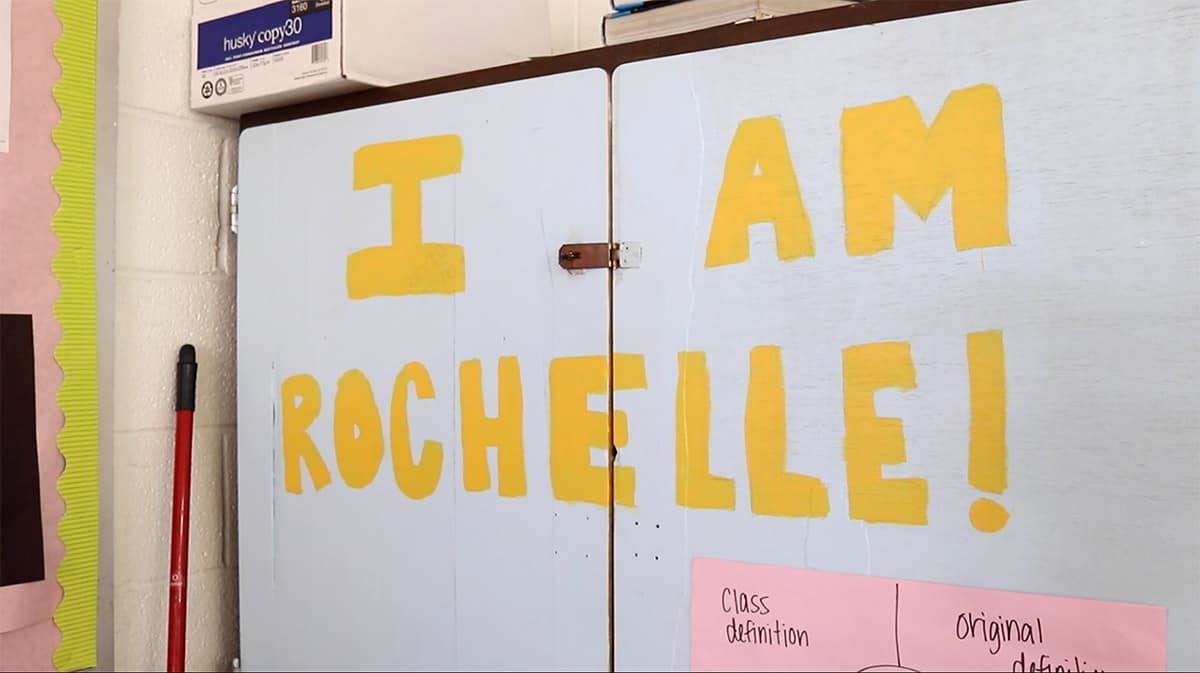
The headline caught my eye, “This superintendent has figured out how to make school work for poor kids.”
The Washington Post used the headline to cover the Jennings School District, which is located north of St. Louis and near Ferguson, Missouri. The focal point of the piece was on Superintendent Tiffany Anderson and her efforts to turnaround the district.
Anderson told the Washington Post, “Schools can do so much to really impact poverty. Some people think if you do all this other stuff, it takes away from focusing on instruction, when really it ensures that you can take kids further academically.”
The policies that Anderson, and her team, have instituted include a homeless shelter, a college-prep program beginning in the sixth grade, a student-run food bank, access to pediatricians and mental health counselors, a renewed focus on music, dance, and drama programs, and so much more.
The impact documented by the Post includes achieving full accreditation from the state of Missouri for the first time in more than ten years while also achieving a balanced budget.
Given that we spent a good bit of time discussing trauma in schools within North Carolina over the last few months of 2015, the work of Anderson and the Jennings district stood out. I thought of what her example might offer for Caldwell County or Lenoir County, which I visited last month.
The poverty rate in Jennings is 25 percent. In our Wilson County, it is 23.8 percent. Pitt County is 24 percent, Bladen County is 25.5 percent, Rowan County is 19.2 percent. What could these counties and so many more learn from Jennings? What could we all learn?
For one thing, leadership matters. Anderson and her team took the initiative to launch a homeless shelter for their students, which seems to be one of the few in the country. They launched a number of other new initiatives while also balancing the budget for the first time.
For another, creativity is required. This lesson was showcased not just in Anderson’s example, but in many of the examples we uncovered across North Carolina last year. We met folks from Rowan-Salisbury who had turned a bus into a mobile meal delivery system. Buncombe County Schools is instituting a compassionate schools model. We even met Milo.
Jennings, Missouri offers a great example of what can be done in the face of high poverty, adverse childhood experiences, and more. The challenge for us now is to discover other examples around our state, the country, and the world. Let’s challenge our own assumptions and discover the best way to make a difference for all children. It is the most important work before us.

